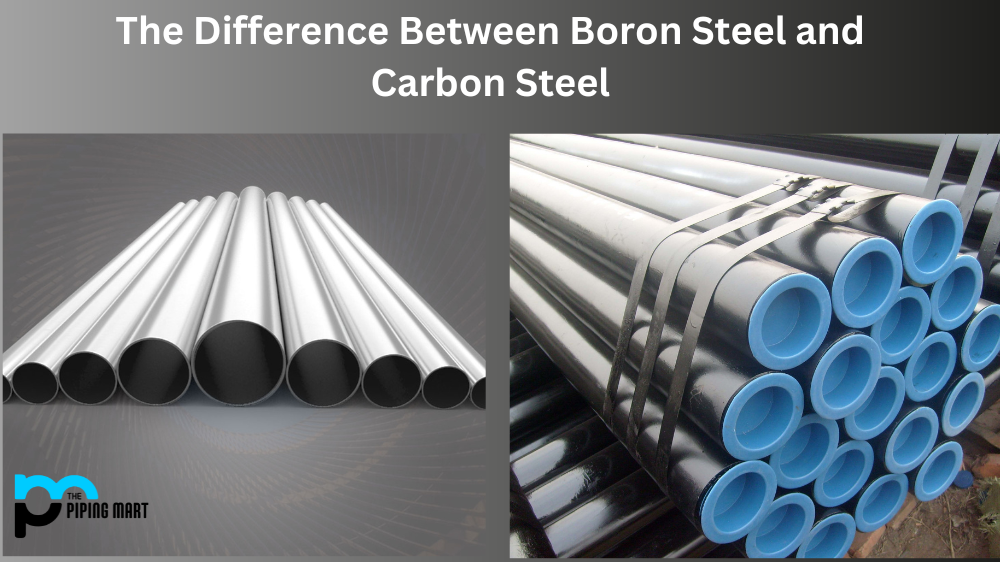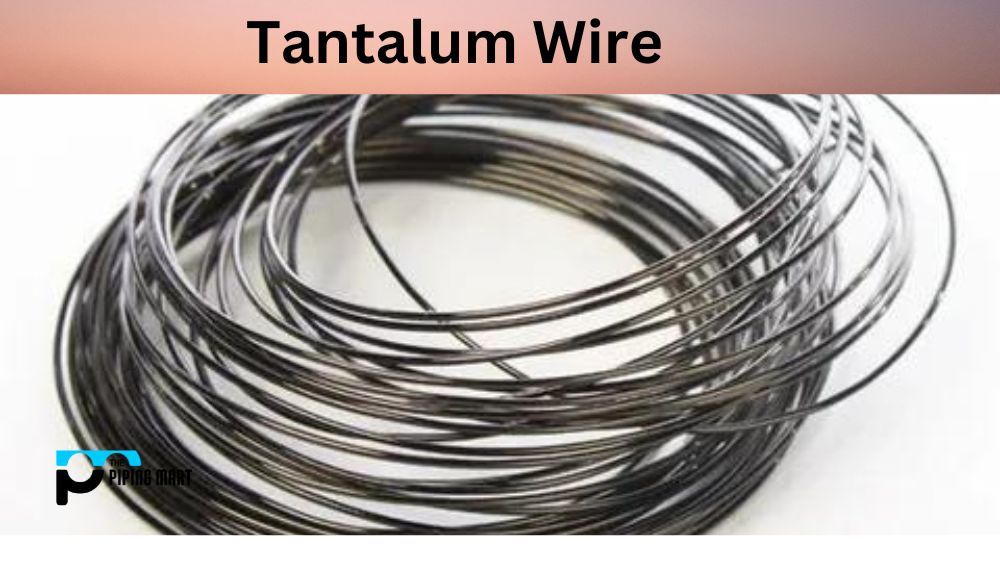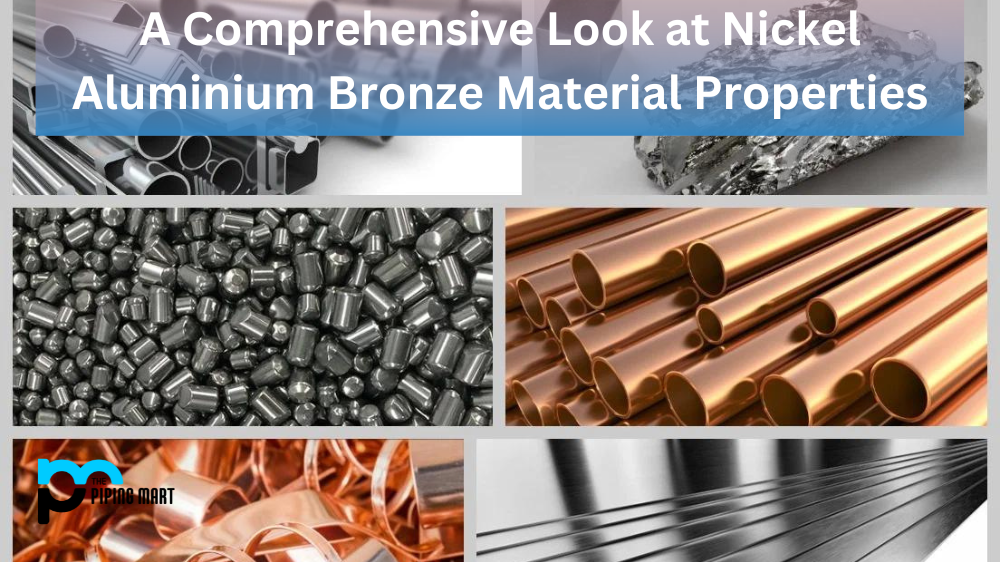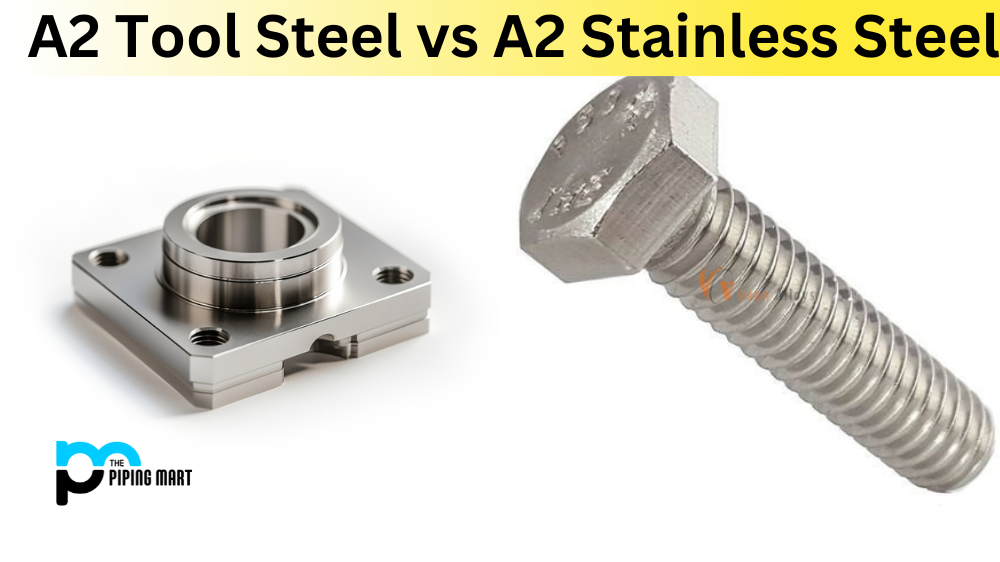If you’ve been researching steel for any application, you’ve likely come across two of the most common types of steel—boron and carbon. Though both are highly durable and strong, each type of steel offers unique characteristics that make it more suitable for specific uses. Let’s look at the differences between boron steel and carbon steel to help you decide which is best for your project.
What Is Boron Steel?
Boron steel is an alloy containing small amounts of boron (usually around 0.0005%) and other elements like carbon, manganese, nickel, molybdenum, chromium, and vanadium. This combination makes boron steel extremely hard and wear-resistant while maintaining good ductility and flexibility. It has a high tensile strength that makes it ideal for applications where strength is a priority over cost savings or weight reduction.
Boron steel also has excellent weldability compared to other types of steel. This means that when welding boron steel, less preheating is required than with other steels, resulting in shorter welding times and less distortion of the part being welded. Finally, boron steel has superior fatigue resistance due to its increased hardness compared with other steels.
What Is Carbon Steel?
Carbon steel is made from iron ore mixed with varying levels of carbon (usually up to 2%). Other elements may also be added depending on the finished product’s desired properties. Carbon steels tend to have higher levels of tensile strength than different types of steels but lack the same degree of hardness and wear resistance found in boron steels. They are typically used for applications where cost savings or weight reductions are essential, but wear or fatigue resistance are unimportant considerations. Carbon steels also have excellent weldability, although they require slightly more preheating than boron steels before welding can begin due to their lower heat tolerance level.
Difference Between Boron Steel and Carbon Steel
Properties:
Boron steel has several properties that make it advantageous for specific applications. For example, its high hardenability means it can withstand high impact and wear. Additionally, its resistance to heat makes it ideal for use in high-temperature environments. The carbon steel also has several advantageous properties. For example, it is relatively inexpensive compared to other types of steel. Additionally, it is easy to work with and can be welded, machined, and formed into various shapes.
Applications :
Boron steel is often used in agricultural equipment, such as plows and harrows. It is also used in construction equipment, such as excavators and bulldozers. Additionally, boron steel is often used in the automotive industry for various applications, such as suspension components and engine parts. Carbon steel is also widely used in the automotive industry for multiple applications, including body panels and engine parts. Additionally, it is often used in the construction industry for structural components such as beams and columns.
Conclusion:
In conclusion, when deciding between boron and carbon steel, it’s important to consider your specific application requirements carefully before making a decision, as each type offers its unique advantages and disadvantages depending on what kind of performance characteristics you need from your completed project or product. For those who need superior strength and wear resistance at any cost, then boron steel is the clear winner; however, if cost-saving or weight reduction is more critical than wear-resistance, then carbon steel may be a better option since it tends to be cheaper and lighter in weight than boron steels without sacrificing too much in terms of strength or durability. Ultimately it comes down to evaluating your specific needs and deciding which type best meets them within your budget constraints!

Meet Bhavesh, a seasoned blogger with a wealth of knowledge and experience. From metal products manufacturing to retail, Bhavesh has a diverse background in various industries and is dedicated to sharing his insights and expertise with readers.




